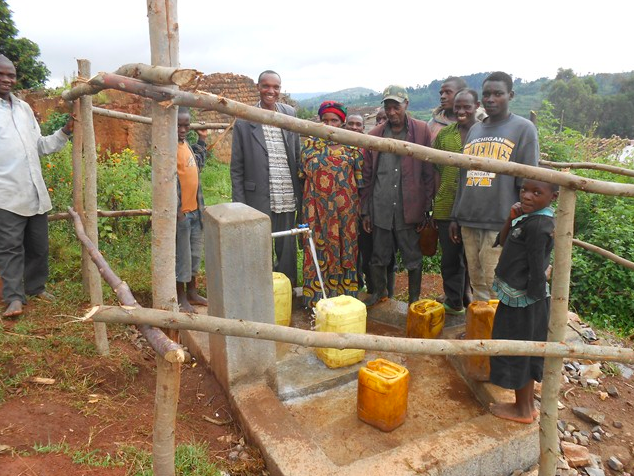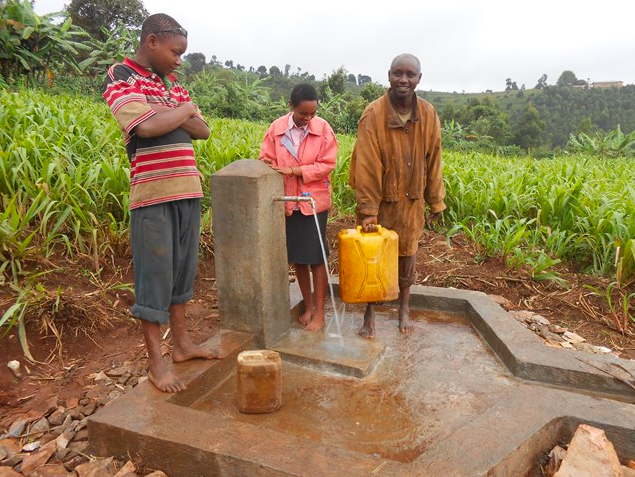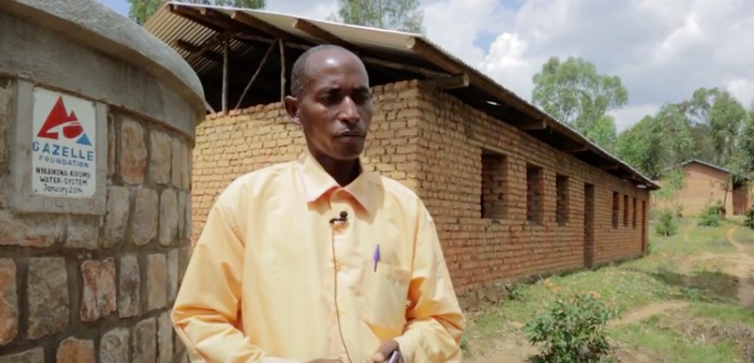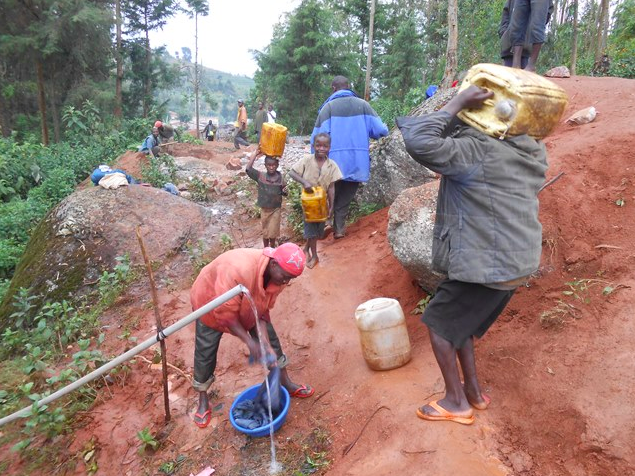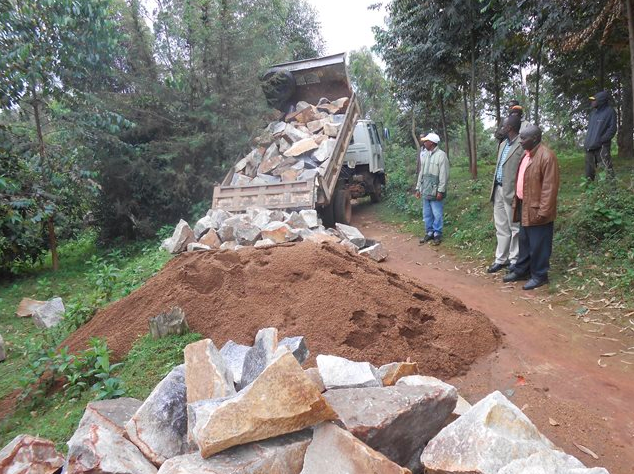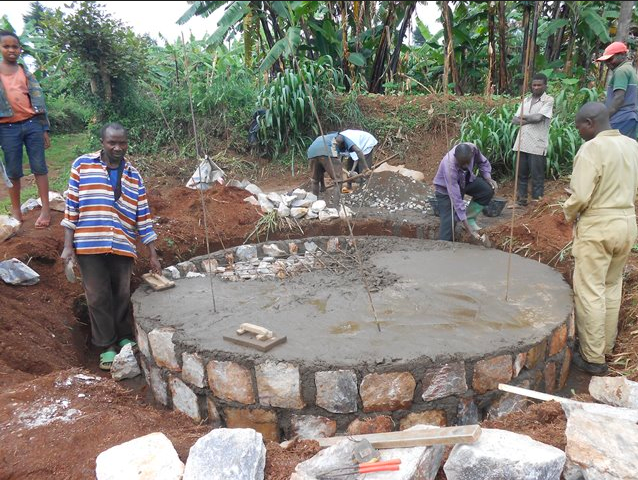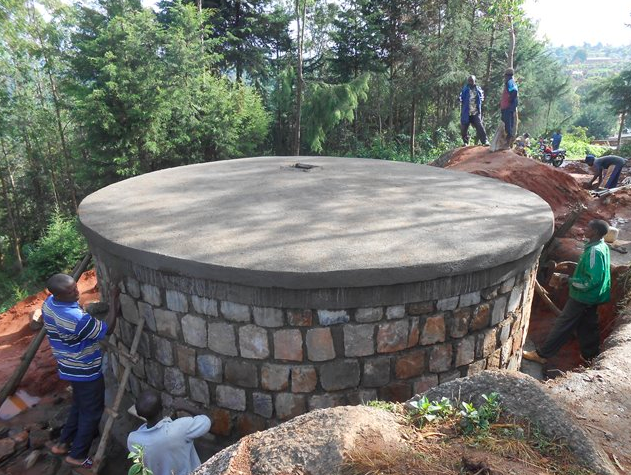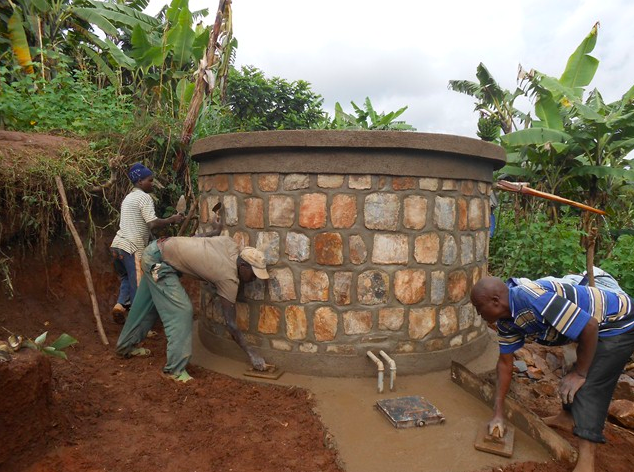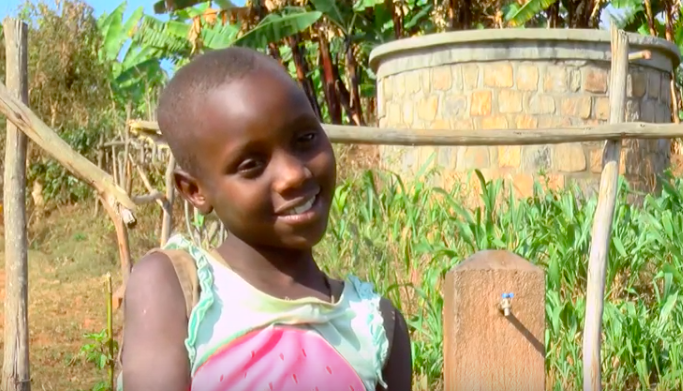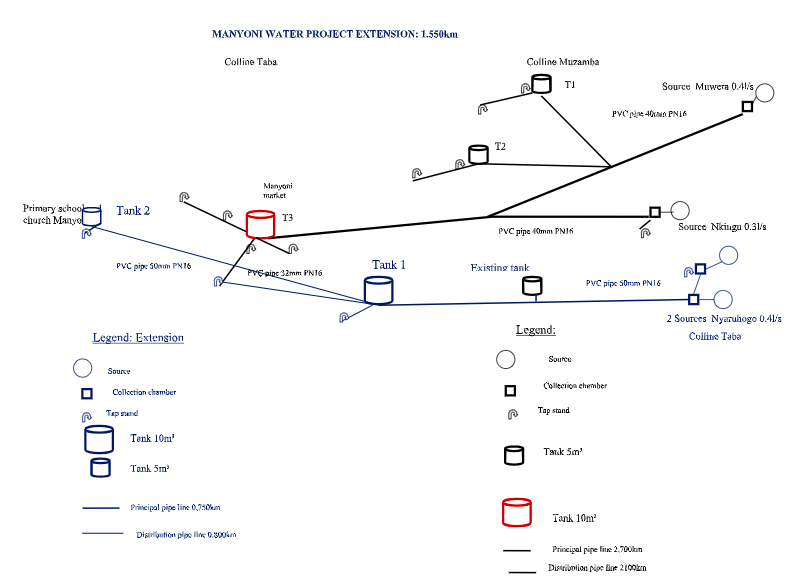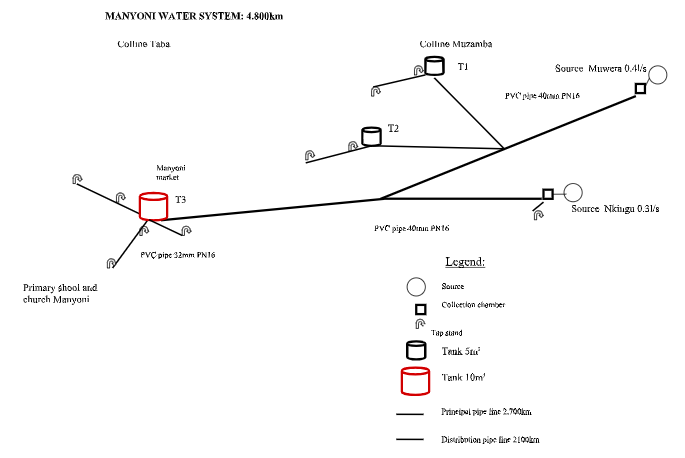Greta is in 5th grade and lives in rural Rumeza, Burundi. For most of her life, her day centered around carrying water from local streams to her family’s home, a two-mile round trip that she made up to three times a day, all while carrying a 40-pound water jug. Needless to say, this left time for little else, including Greta’s education.
Students who were able to attend school in Greta’s area were often late to class or missed school due to illness. The floors of the classrooms were dirty, and students had a hard time focusing on the curriculum in class and at home.
Then, in 2018, the Gazelle Foundation completed a clean-water project near Greta’s home. This project provides clean water to 1, 200 of Greta’s classmates and their families. With easily accessible, clean water nearby, Greta and her classmates no longer have to make the trek to collect water for their families. Less time needed to gather water meant more time available for attending school.
Not far from Rumeza, at Kagogabo Primary and Secondary schools, students also benefited from the implementation of a Gazelle Foundation clean water system. Prior to 2013, the students at the school literally had to climb down and back up a mountainside to a river to access water.
“Before, we were obliged to go to the river to fetch water,” said Sebastian Ndyimana, an English teacher at Kabogabo. “The water people were drinking was not good at all. There were so many people getting ill because of drinking bad water.”
Water that local people collected from streams and rivers was unclean, resulting in a high prevalence of water-borne illnesses, keeping students from attending classes. The resulting reduction in disease means that students miss fewer days of school.
Additionally, the ability to keep a school environment – as well as its students – clean leads to increased focus during lessons. That was certainly the case at Kivumu Primary school, where Charles Ndayishimiye serves as Headmaster. The Gazelle Foundation completed a clean-water system in the Kivumu area in 2015. The water system continues to work today.
“Our school is built with cement floors that we used to have a hard time keeping clean.” Ndayishimiye said. “The water has helped us and the kids come early each day to clean. Kids wash their hands when they come from the bathroom and now they stay clean throughout the day.”
Burundi is both one of the poorest countries in the world and one of Africa’s most densely populated. Poverty overwhelmingly affects people in rural areas, where Gazelle Foundation water systems are built. Most of Burundi’s rural population has limited access to water.
The availability of clean water and the resulting improvements in health and education begin to reverse the cycle of poverty. According to the World Bank, returns on education investment are the largest in Africa over any other continent, and each additional year of schooling raises earnings by 11% for boys and 14% for girls. The World Health Organization states that every $1 invested in clean water can yield $4 to $12 in economic returns.
The Gazelle Foundation has brought clean water to over 100,000 people who need it most in Burundi, improving educational opportunities for thousands of students and teachers at schools in rural areas. As headmaster Ndayishimiye says, “Water has changed our life in this community.”
Every Life Matters, Every Gift Counts
Access to water empowers people with time for school and work, and contributes to improved health for women, children, men, and families. The Gazelle Foundation is able to make an enormous impact on the everyday lives of Burundians by working closely with them to complete clean water projects one village at a time.



